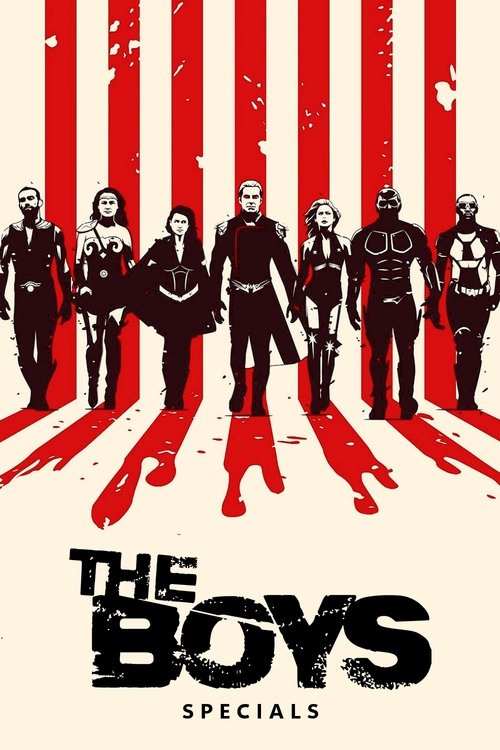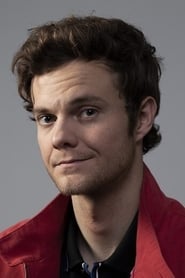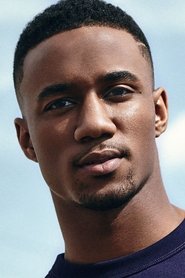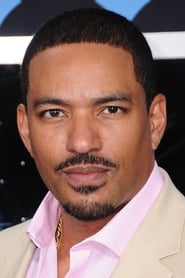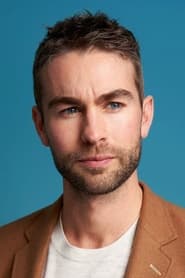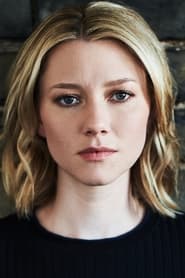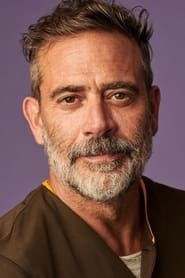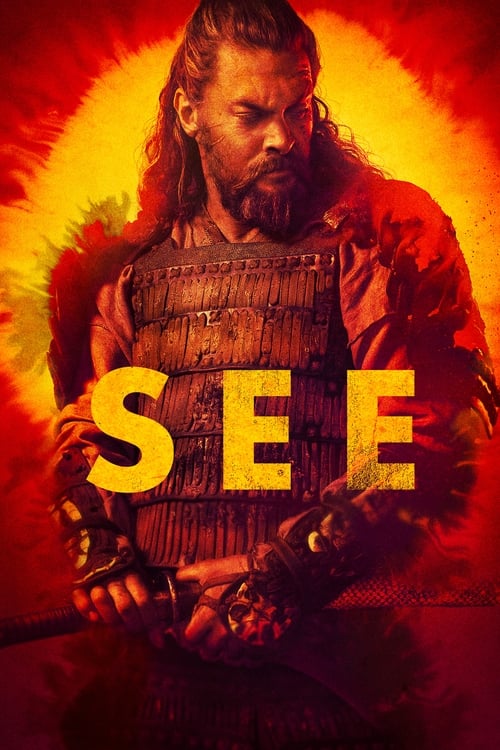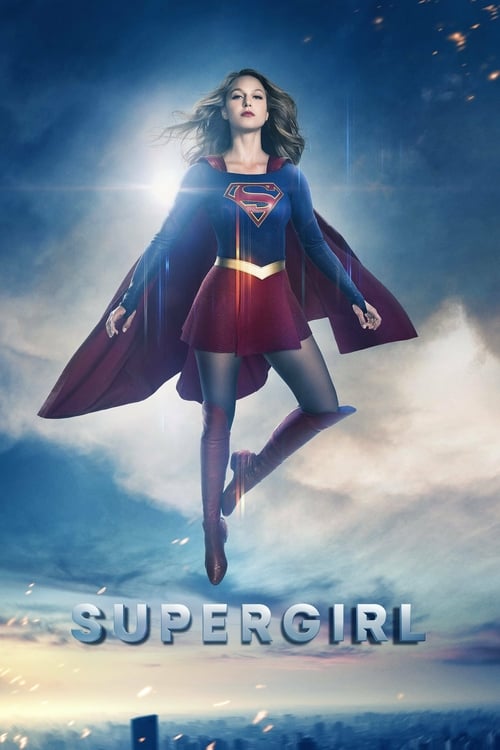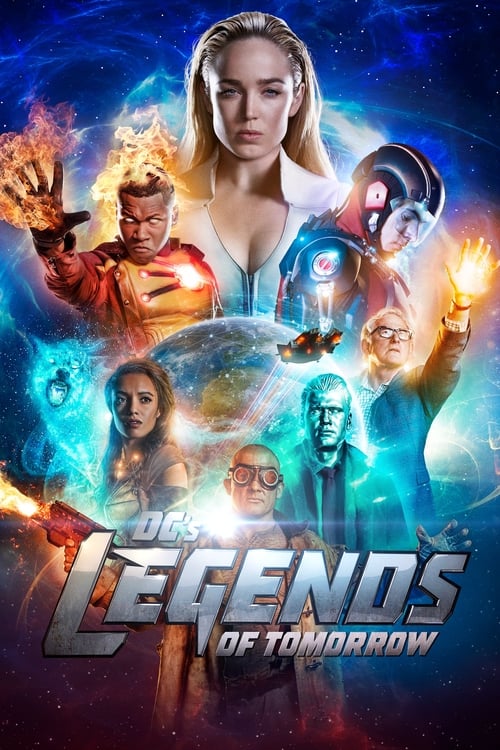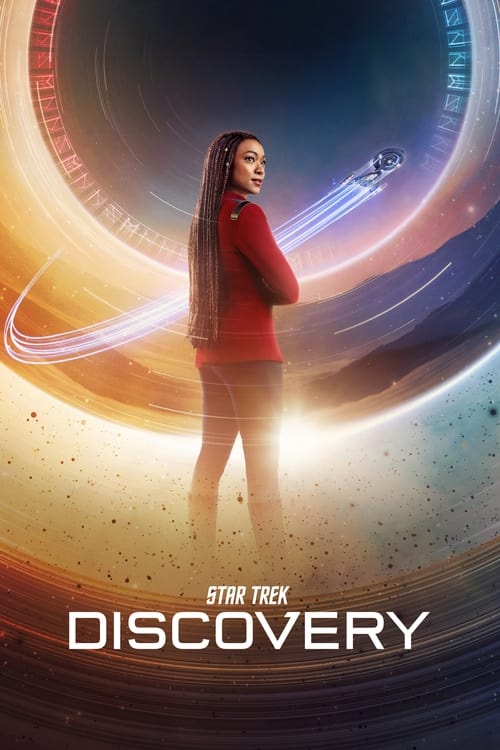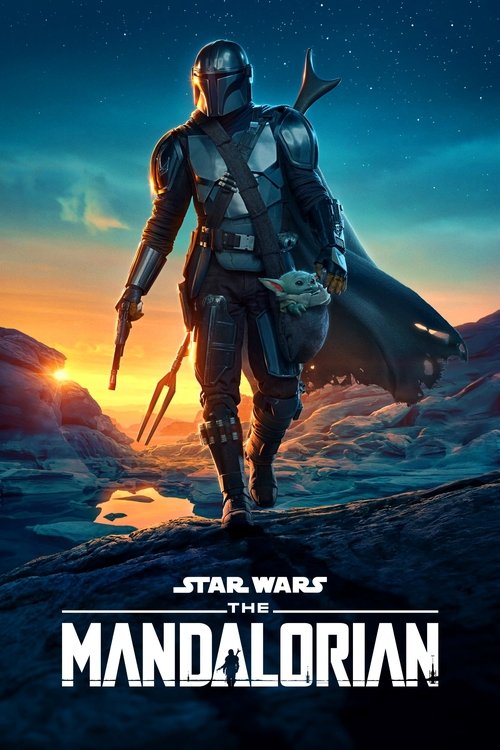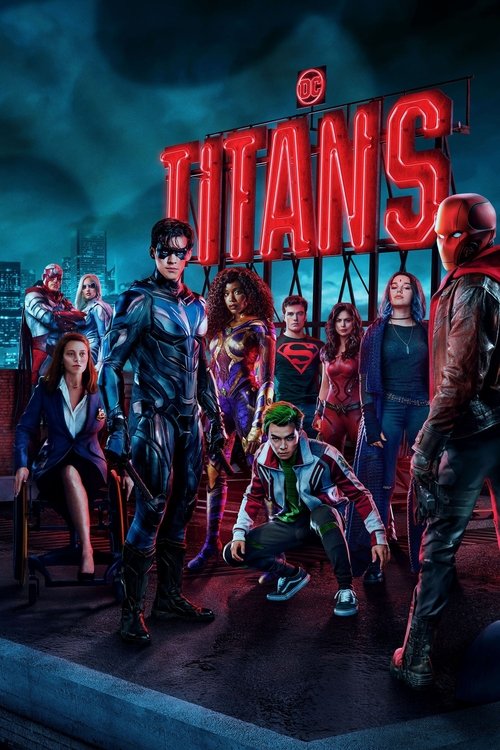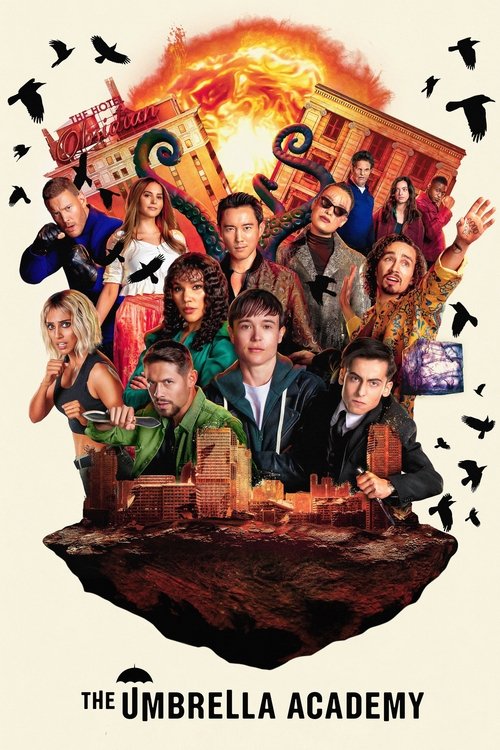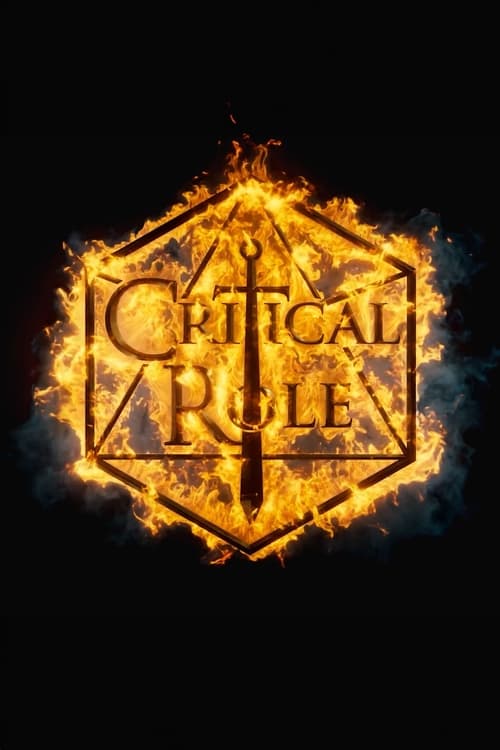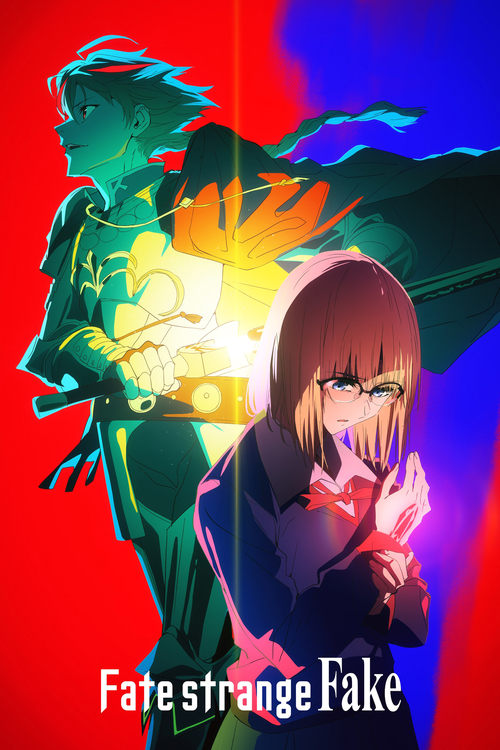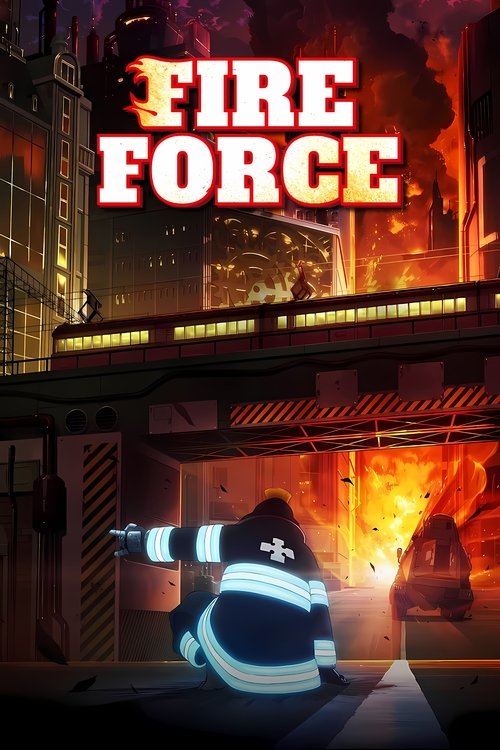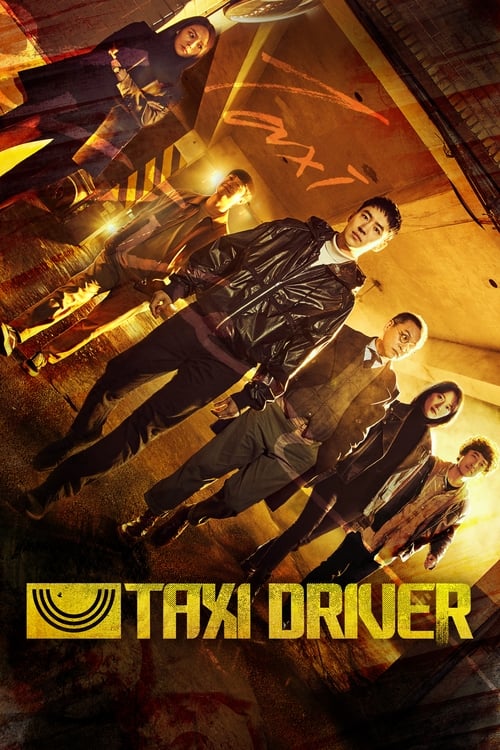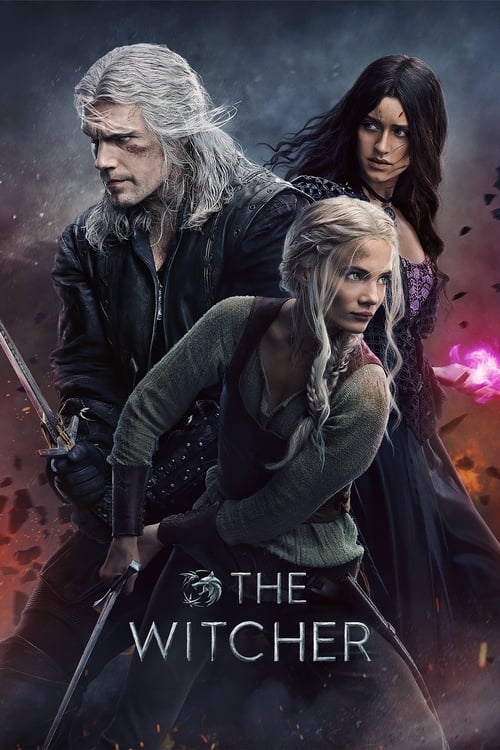
Ask Your Own Question
What is the plot?
In "The Boys: Specials," the narrative unfolds through a series of short segments that delve into the lives and backstories of various characters from the main series. The first segment focuses on the character of Homelander, showcasing his rise to fame and the dark undercurrents of his personality. The scene opens with a montage of Homelander's public appearances, where he is celebrated as a hero. However, behind the scenes, he grapples with feelings of isolation and a desperate need for approval, particularly from Vought International, the corporation that manages him. This internal conflict is highlighted as he interacts with his handlers, revealing his manipulative nature and the lengths he will go to maintain his image.
The next segment shifts to Queen Maeve, providing insight into her struggles with the expectations placed upon her as a superhero. The scene begins with her in a training session, where she demonstrates her physical prowess. However, the atmosphere is tense, as Maeve feels the weight of her responsibilities and the pressure to conform to the ideals of heroism. A pivotal moment occurs when she confronts a Vought executive about the lack of genuine support for the heroes, showcasing her growing disillusionment with the system. This confrontation reveals her desire for authenticity and her internal battle between her public persona and her true self.
Following Maeve's story, the focus turns to A-Train, who is depicted in a high-stakes race against another speedster. The scene is filled with adrenaline as A-Train pushes himself to the limit, driven by his need to prove himself as the fastest hero. However, the race takes a dark turn when he accidentally injures a bystander, leading to a moment of panic and regret. This incident serves as a catalyst for A-Train's character development, as he begins to question the morality of his actions and the consequences of his pursuit of fame.
The next segment introduces Starlight, who reflects on her journey from a hopeful newcomer to a disillusioned member of The Seven. The scene opens with her audition for the team, filled with excitement and ambition. However, as she navigates the toxic environment of The Seven, she faces harassment and manipulation from her peers, particularly from Homelander. A key moment occurs when she stands up for herself during a confrontation, marking a turning point in her character arc as she begins to assert her independence and challenge the status quo.
The final segment centers on Butcher, providing a glimpse into his motivations and the personal vendetta that drives him against The Seven. The scene begins with Butcher in a dark, gritty setting, reflecting on his past and the loss of his wife, Becca. His anger and determination are palpable as he recounts the events that led to her disappearance, revealing his deep-seated desire for revenge against Homelander. A crucial decision is made when Butcher resolves to take down The Seven, setting the stage for the conflict that unfolds in the main series.
Throughout these segments, the emotional states of the characters are intricately portrayed, highlighting their vulnerabilities and the complexities of their relationships with one another and the world around them. Each character's journey is marked by pivotal moments that shape their identities and motivations, ultimately leading to the larger narrative of "The Boys."
What is the ending?
In the ending of "The Boys: Specials," the series wraps up with a series of revelations and confrontations that highlight the ongoing conflict between the titular group and the corrupt superheroes. The fate of the main characters is left with unresolved tensions, setting the stage for future conflicts.
As the narrative unfolds, we see the Boys, led by Billy Butcher, grappling with the consequences of their actions against the Supes. Hughie Campbell, struggling with his moral compass, faces the reality of the violence they have inflicted. Meanwhile, Homelander, the powerful and narcissistic leader of The Seven, continues to spiral into madness, showcasing his inability to connect with humanity. The ending leaves viewers with a sense of uncertainty about the future of both the Boys and the Supes, emphasizing the cyclical nature of violence and revenge.
The ending of "The Boys: Specials" begins with a tense atmosphere as the Boys regroup after a series of confrontations with The Seven. The camera pans over a dimly lit warehouse where the group is gathered, each member reflecting on their recent battles. Billy Butcher stands at the forefront, his expression a mix of determination and weariness. He knows that their fight against the Supes is far from over, and the weight of their losses hangs heavily in the air.
Hughie Campbell, sitting on a crate, looks conflicted. He recalls the moments of violence and the toll it has taken on him and his friends. His internal struggle is palpable; he wants to fight against the injustices of the Supes but is increasingly aware of the darkness that comes with their methods. The camera zooms in on his face, capturing the flicker of doubt in his eyes.
Meanwhile, the narrative shifts to Homelander, who is in a lavish penthouse, surrounded by the remnants of his shattered relationships. He gazes out at the city, a smirk playing on his lips, but there's a hint of desperation in his demeanor. The scene captures his isolation despite his immense power. He is a man who craves adoration yet feels utterly alone, a juxtaposition that highlights his internal conflict.
As the Boys plan their next move, they receive intel about a potential strike against The Seven. The tension builds as they prepare for what could be a decisive confrontation. Each character's motivations are laid bare: Butcher is driven by revenge, Frenchie seeks redemption, and Kimiko longs for a sense of belonging. The stakes are high, and the emotional weight of their past decisions looms over them.
The climax of the narrative occurs when the Boys confront The Seven in a dramatic showdown. The scene is chaotic, filled with explosive action and emotional confrontations. Butcher faces off against Homelander, their animosity palpable. The camera captures the intensity of their battle, showcasing Butcher's fierce determination to take down the man who has caused so much pain.
In the midst of the chaos, Hughie finds himself face-to-face with Starlight, who is torn between her loyalty to The Seven and her growing disillusionment with their corrupt practices. Their interaction is charged with unresolved feelings, highlighting the complexities of their relationship. Hughie's desire for justice clashes with Starlight's struggle to reconcile her ideals with the reality of her team.
As the dust settles, the aftermath of the confrontation leaves the characters in precarious positions. Butcher, though victorious in some respects, is left grappling with the moral implications of their actions. Hughie, having witnessed the brutality of their fight, is left questioning whether the path they are on is truly just. The camera lingers on his face, capturing the turmoil within him.
Homelander, despite his power, is left vulnerable, his facade cracking as he realizes the extent of his isolation. The final moments of the episode leave viewers with a sense of uncertainty, as the characters are left to confront the consequences of their choices. The screen fades to black, leaving the fate of the Boys and The Seven hanging in the balance, a poignant reminder of the ongoing struggle between power and morality.
Is there a post-credit scene?
In "The Boys: Specials," there is indeed a post-credit scene that adds a layer of dark humor and insight into the world of superheroes. The scene features a mockumentary-style interview with a character named "The Deep," who is a member of The Seven.
As the camera focuses on him, The Deep is seen sitting in a dimly lit room, looking somewhat disheveled and uncomfortable. He speaks candidly about his experiences and the challenges of being a superhero, particularly the struggles he faces with his identity and the perception of his powers. His tone oscillates between earnestness and a desperate need for validation, revealing his internal conflict and insecurities.
The humor in the scene is underscored by The Deep's attempts to present himself as a serious hero, despite the absurdity of his aquatic abilities and the ridicule he often faces from both the public and his fellow superheroes. He awkwardly recounts a recent incident where he tried to save a group of people at the beach, only to be met with laughter and disbelief.
As the interview progresses, the camera captures his growing frustration and vulnerability, culminating in a moment where he earnestly pleads for respect and recognition. The scene ends on a comedic note, with a sudden cut to a ridiculous promotional clip for a new product related to The Deep, showcasing the stark contrast between his personal struggles and the commercialized image of superheroes.
This post-credit scene encapsulates the satirical tone of "The Boys," highlighting the absurdity of celebrity culture within the superhero genre while providing a deeper look into The Deep's character.
What is the significance of the 'Herogasm' event in The Boys Specials?
The 'Herogasm' event is a pivotal moment in The Boys Specials, showcasing the extreme excesses and moral depravity of the superheroes. It serves as a satirical commentary on celebrity culture and the abuse of power, revealing the characters' true natures. The event is depicted as a secret gathering where superheroes indulge in hedonistic activities, highlighting their lack of accountability and the consequences of their actions.
How does the character of Homelander evolve in The Boys Specials?
In The Boys Specials, Homelander's character is further explored, revealing his deep-seated insecurities and need for validation. His interactions with other characters, particularly his manipulative tendencies and desire for control, showcase his complex personality. The Specials delve into his backstory, illustrating how his upbringing shaped his sociopathic behavior and his relentless pursuit of power.
What role does Starlight play in the narrative of The Boys Specials?
Starlight's role in The Boys Specials is crucial as she grapples with her ideals versus the harsh realities of being a superhero. Her journey reflects her struggle for authenticity in a corrupt system, and her interactions with other characters reveal her resilience and moral compass. The Specials highlight her internal conflict as she navigates the treacherous dynamics within The Seven.
What are the implications of the Compound V revelations in The Boys Specials?
The revelations about Compound V in The Boys Specials have significant implications for the characters and the overall narrative. It exposes the unethical practices behind the creation of superheroes, raising questions about consent and the morality of power. The impact of these revelations is felt across the board, affecting the relationships between characters and their motivations, particularly for those who have been directly affected by the drug.
How does the relationship between Butcher and Hughie develop in The Boys Specials?
In The Boys Specials, the relationship between Butcher and Hughie is explored in greater depth, showcasing their contrasting approaches to dealing with the corrupt superhero system. Butcher's ruthless methods often clash with Hughie's more empathetic nature, leading to tension and conflict. The Specials highlight their evolving dynamic, as Hughie begins to question Butcher's motivations and the moral implications of their actions.
Is this family friendly?
"The Boys: Specials" is not family-friendly and contains several potentially objectionable or upsetting scenes and aspects that may be distressing for children or sensitive viewers.
-
Graphic Violence: The series features intense and graphic violence, including scenes of brutal physical confrontations and injuries that can be quite shocking.
-
Strong Language: There is frequent use of profanity throughout the specials, which may not be suitable for younger audiences.
-
Sexual Content: The show includes explicit sexual situations and themes, which are depicted in a graphic manner.
-
Dark Humor: The series employs dark humor that often revolves around serious and sensitive topics, which may be unsettling for some viewers.
-
Substance Abuse: There are references to drug use and alcohol consumption, portrayed in a way that may be inappropriate for children.
-
Mature Themes: The narrative explores themes of power, corruption, and morality in a way that is often cynical and disturbing, which may not be suitable for younger viewers.
These elements contribute to the overall tone of the series, making it more appropriate for mature audiences.

